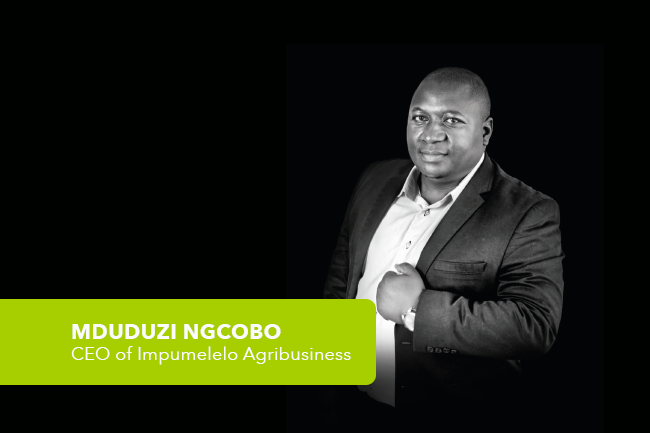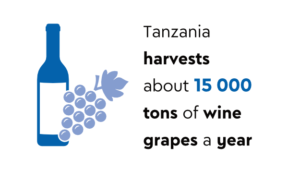In a country such as South Africa, which is endowed with hectares of land and has a large population of rural inhabitants, agriculture is considered not just a source of food, but a premier source of income and an important contributor to the economy, feeding as it does the nation’s trade.
It is also an important supplier of raw materials to industries such as textiles, and it supports, for example, an internal and external transport system. In fact, the list of agricultural activities when you include secondary spin-off businesses is extensive, as Mduduzi Ngcobo, CEO of Impumelelo Agribusiness Solutions, explains.
‘The agricultural supply chain is divided into many different segments, from input manufacturers, farming enterprises, cold storage operations, logistics companies, freight forwarders, food safety and even quality assurance that includes assignees and laboratories, and agro-processing. These are all unique businesses but the problem is that they are not necessarily connected. However, they need to function systematically as one unit to sustain one another,’ he says. ‘Think of a seed producer that has no farmers to buy his/her seeds, or a farmer who produces hectares of land but at harvest has no market to sell to. For well-established businesses, these are not a challenge, but for the smaller players and emerging agribusinesses, it’s not at all easy.’
This is the gap where Impumelelo works most effectively in carrying out its mandate to assist new entrants gain access to mainstream markets, and interconnect role players in a manner that benefits all within the supply chain. ‘The biggest challenge in the sector is the lack of meaningful integration of black farmers, women and the youth, and other SMME businesses, into the mainstream agricultural chain, and it needs to be tackled head-on without fear or favour. The consequence of not doing so means the status quo will remain – that being the ongoing marginalisation of the majority of people in agriculture and, in fact, even rural communities.’
It is common knowledge that black farmers in particular are not participating fully in the food value chains, and that they are not favoured with easy access or means to produce their own food, let alone easy access to skills and mentorship. The government recognises that agriculture is the most important sector in meeting objectives to develop a strong economy.
As a partner to government, and as an AgriSETA-accredited training provider, Impumelelo is also active in building capacity of the different role players in the industry, and keeps its stakeholders engaged through workshops, meetings and the media. Since its establishment in 2014, it has ensured the appointment of agricultural graduates with critical skill-sets. ‘These are young professionals that were previously unable to find jobs in the industry,’ says Ngcobo.
It’s not an easy environment to navigate, be it for single participants or organisations, given that it requires an intensive knowledge of the legislative, regulatory and compliance environment, of which Impumelelo, as a partner to government, has an abundance. It implements South Africa’s imperatives such as the developmental, growth and transformation agenda in the sector and, as an appointed assignee by the Department of Agriculture, Forestry and Fisheries, it monitors the quality of imported and locally produced, regulated processed products.
‘Bilateral agreements between South Africa and other nations demand that any products from our country destined for international markets must comply with strict quality and safety regulations. We also have our own local quality regulations that seek to protect local consumers,’ says Ngcobo. ‘Food quality and safety is recognised globally as a mandated imperative, so the importance of inspections cannot be overemphasised.
‘To ensure that Impumelelo stays aligned with the latest developments such as the regulatory environment, we also keep abreast of research in the international market, and translate any results into pragmatic and implementable solutions in the indigenous market. This allows us to be unafraid to engage in projects with high impact and high risk. After all, this is about improving the livelihoods of our people and rural communities.’
It’s an ethos that Ngcobo believes is crucial in driving Africa to find solutions to its own problems – a statement he says may sound too broad but is as true for every sector, not just agriculture. ‘It is always a great achievement to write and publish papers in international journals about possible solutions to the challenges we face on the continent. However, there is no value if these solutions cannot be implemented for the benefit of the people,’ he says. ‘Africa has a great agricultural endowment and if properly supported in terms of investment, it has the potential to solve most of the world’s problems associated with food security.
‘As long as food insecurity prevails and the world population continues to increase, there are also going to be opportunities for innovation.’

















